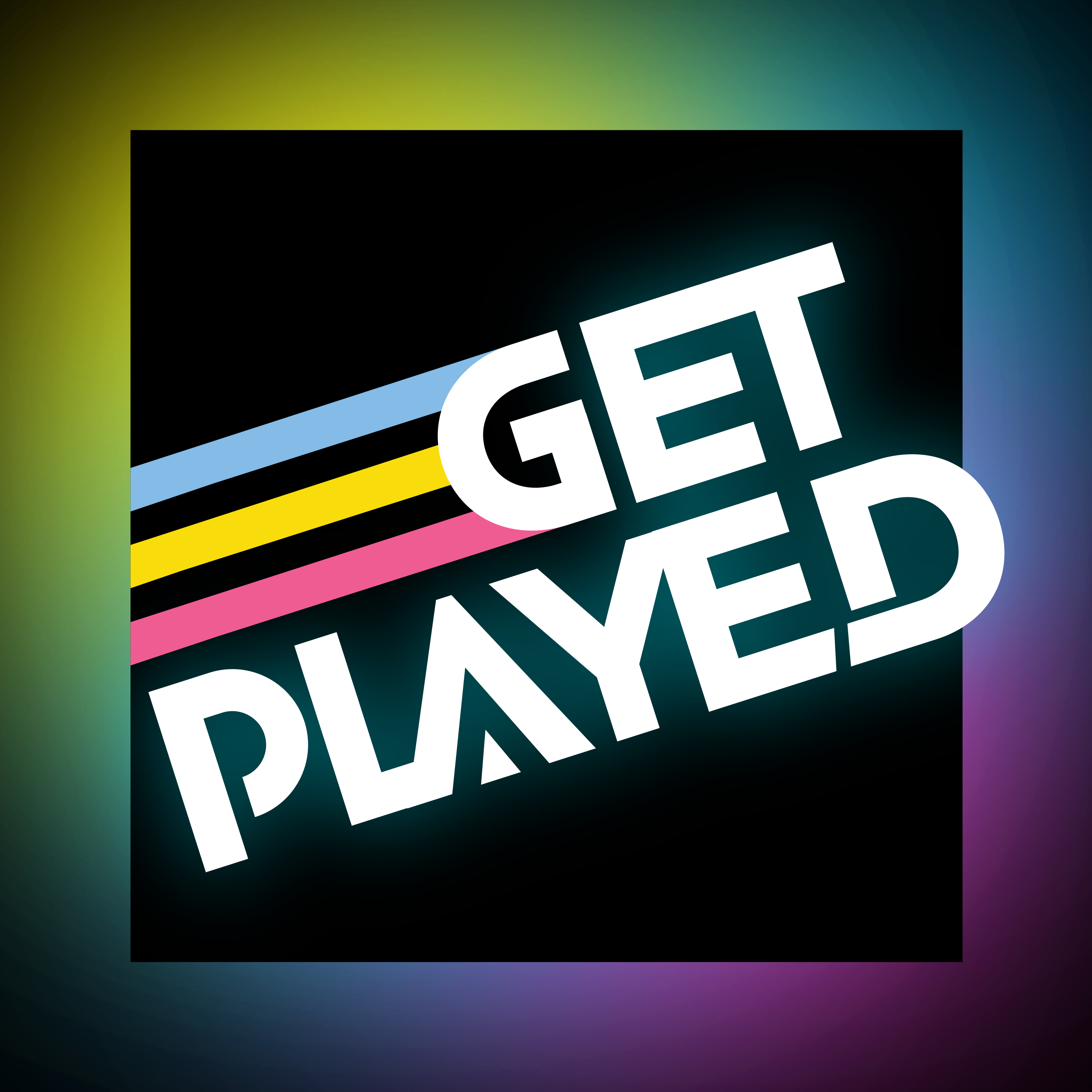Donkey Kong Bananza, Fantastic 4 Games + Twisted Metal with Mike Mitchell
Nick flies solo this week and talk about his first impressions of Donkey Kong Bananza, his time in video game development on the Fantastic Four video games, and he interviews his Doughboys co-host Mike Mitchell about Twisted Metal Season 2 on Peacock!
Check out our brand new merch at kinshipgoods.com/getplayed
Follow us on social media @getplayedpod
Music by Ben Prunty benpruntymusic.com
Art by Duck Brigade duckbrigade.com For ad-free main feed episodes, our complete back catalogue including How Did This Get Played? and our Premium DLC episodes and our exclusive show Get Anime'd where we're currently watching Birdie Wing: Golf Girls' Story go to patreon.com/getplayed
Join us on our Discord server here: https://discord.gg/getplayed
Wanna leave us a voicemail? Call 616-2-PLAYED (616-275-2933) or write us an email at getplayedpod@gmail.com
Advertise on Get Played via Gumball.fm
All of our links can be found at linktree.com/getplayedpod
See Privacy Policy at https://art19.com/privacy and California Privacy Notice at https://art19.com/privacy#do-not-sell-my-info.
Press play and read along
Transcript
Transcript is processing—check back soon.
